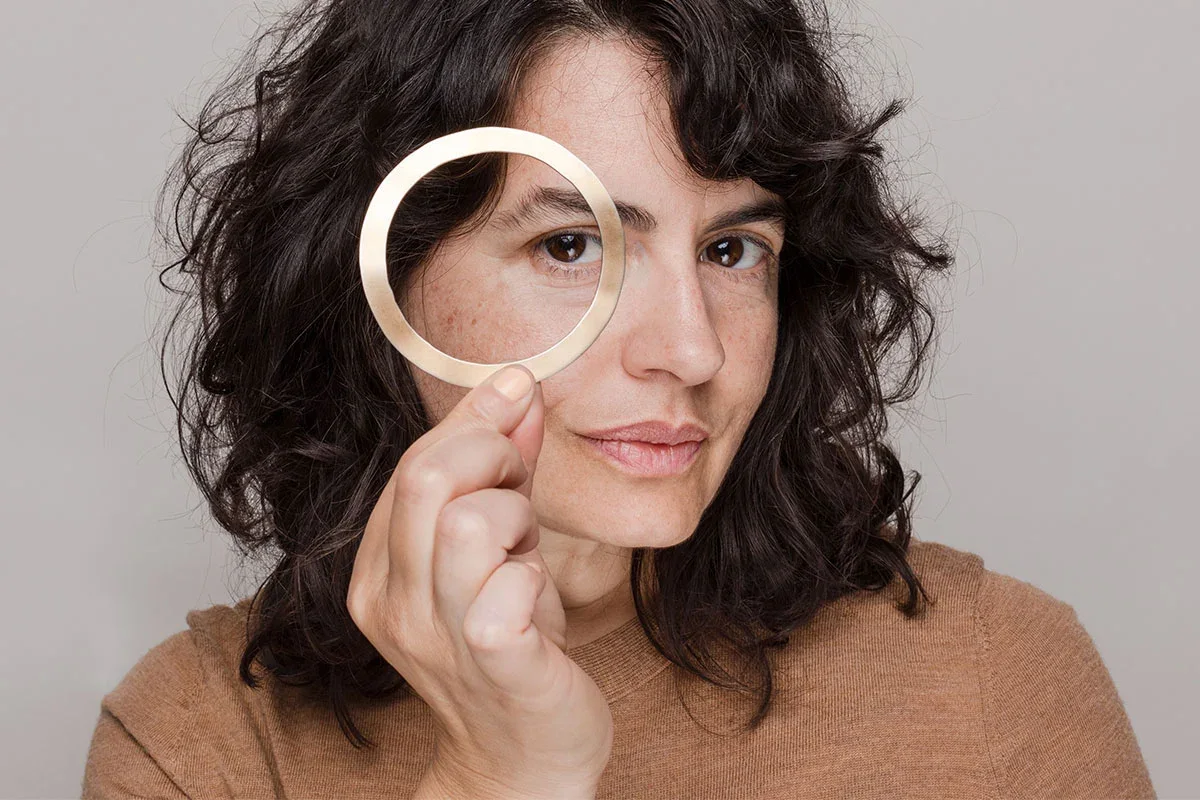How it works:
Share your skin goals and snap selfies
Your dermatology provider prescribes your formula
Apply nightly for happy, healthy skin
How it works:
How it works:
Share your skin goals and snap selfies
Your dermatology provider prescribes your formula
Apply nightly for happy, healthy skin
How it works:
3 anti-aging best face serums for wrinkles and fine lines
On the quest for the best anti-aging serum that actually works



It’s a popular claim — that the best face serum can help you “say goodbye” to signs of aging. But while the DeLorean is real, time travel is not. Dropping hundreds of dollars on skincare products that don’t work can even make your skin look worse. So if you’re in search of the best serums for signs of aging, here’s what to consider to maximize your skin investment, plus my top 3 serums for treating dark spots, fine lines, and wrinkles.
Does your anti-aging skincare routine actually need an anti-aging serum?
A serum can be a great supplement to your anti-aging skin routine — or a totally unnecessary extra step. If glowy skin is your ultimate skincare goal, but you don’t want to pour money down the drain (literally), here’s what you should consider when choosing your serum.
Serums won’t replace your moisturizer. Serums leave out water-trapping occlusive moisturizers like petrolatum and mineral oil, which make them more ideal for layering.. Traditional water-based serums are the lightest form of hydration. In other words, if you’ve got super dry skin, using a serum in addition to a good moisturizer is worth a shot!
No skin product is a time machine, and that’s okay. The beauty industry likes to throw around the term “anti-aging” to describe products that treat signs of aging such as dark spots, fine lines, and wrinkles, but I’m a bit anti-anti-aging. If the choice is to spend hundreds a year on half-ounce bottles from the fountain of youth, or to accept my dark spots, fine lines, and wrinkles, I’ll take aging gracefully every time.
Vitamin C you later, wrinkles?
Vitamin C is a top-notch antioxidant that repairs your skin while blocking signs of aging brought on by harmful UV rays. In addition to giving a boost to your UV protection, vitamin C can help restore your skin’s youthful appearance by stimulating collagen production. Research shows that, while taking a daily multivitamin with vitamin C will help boost collagen throughout your body, topical application of vitamin C may help the outermost layer of your skin reap more of its benefits.
So if you’re frustrated about dark spots and wrinkles, applying a vitamin C serum may be one of the most beneficial things you can do for your skin’s appearance — so long as they’re free of snake oil. But be warned! Many over-the-counter products contain less stable forms of vitamin C that degrade over time. L-ascorbic acid, or LAA, is perhaps the most common. Read our complete guide to vitamin C to get the big picture.
Ingredients to avoid
Unfortunately, skincare products often contain ingredients that are too harsh for our skin. Pore-clogging and irritating ingredients can lead to acne breakouts or overly dry skin. If the last thing you want to do is add more skin concerns into the mix, avoid these ingredients:
Alcohol Denat. (irritating)
Isopropyl Myristate (pore-clogging and irritating)
Benzoic acid (irritating)
Laureth-23 (pore-clogging)
Those are the most common troublesome ingredients I came across when reviewing vitamin C serums. You can use the CosDNA test to check the ingredients of products for your unique skin concerns.
The best drugstore face serum
Artnaturals Vitamin C Serum
$11.99 (1.0 oz) at Target.
This serum has just 12 ingredients, including glycerin, one of my favorite moisturizing ingredients for its ability to hydrate, soften, and protect skin. A key ingredient is sodium ascorbyl phosphate, a form of vitamin C. While many over-the-counter products contain less stable forms of vitamin C that degrade over time, a recent study found that SAP can remain stable for 3 months. So don’t let this bottle collect dust in your medicine cabinet!
The best anti-aging serum for sensitive skin
Edible Beauty №3 Exotic Goddess Ageless Serum
$57.00 (1.0 oz) at Sephora.
Even though the product claims that kakadu plum extract “contains the world’s highest concentration of nutrient-available vitamin C to bolster skin’s natural defenses, stimulate collagen production, and reduce hyperpigmentation,” they must have let William Carlos Williams too close to this product, because the main source of vitamin C in this serum is actually bitter orange. The simple formula is non-comedogenic and doesn’t contain any known irritants, and it’s also free of fragrances and essential oils (but you should still — and always — patch-test if you’re concerned about an allergic reaction, just to be safe. Histamines are like that 🤷)
The best anti-aging night serum
TATCHA Violet-C Brightening Serum 20% Vitamin C + 10% AHA
$88.00 (1.0 oz) at Sephora.
In addition to being jam-packed with vitamin C, TATCHA’s night serum contains Alpha Hydroxy Acids (AHA), which help reduce hyperpigmentation and increase collagen synthesis. This non-comedogenic formula also has a high concentration of the moisturizing ingredients butylene glycol and glycerin, making this a great facial serum for dry skin.
It’s important to use this product at night (and practice ever-vigilant sun protection) because AHAs increase your skin’s sun sensitivity.

Start your free trial (plus shipping and handling)
Age-defiance, maximized.
Even the best face serum needs a solid skincare routine to reinforce. With Curology, a board-certified dermatology provider will prescribe you a custom anti-aging cream to help improve your skin tone and texture. Sign up for a free trial of Curology and choose just the custom cream or the complete set with cleanser and moisturizer for just $4.95 to cover the cost of shipping and handling.

Stephanie Papanikolas